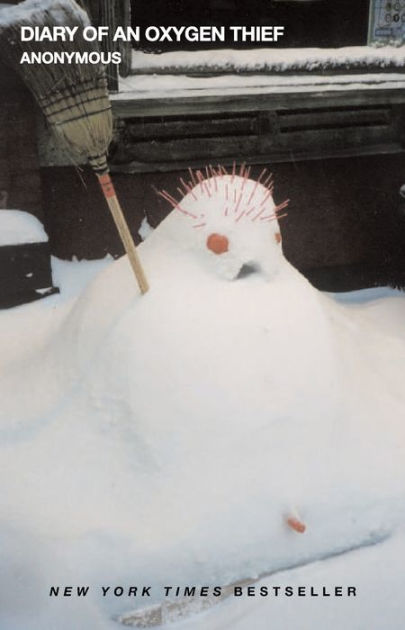Written by: Ally LeMaster
As I open the doors of my local bookstore, I brace myself for the array of comforting sensations to greet me at the entrance: the scent of coffee and newly pressed pages, the crinkle of bending covers, and the comfortable silence of concentration. My bookstore, arranged the same way for as long as I can remember, now welcomes me with curated displays of books bolstered by signs reading “As Seen on TikTok,” “Book-Tok Recommendations,” and a section simply titled, “Colleen Hoover.” TikTok’s influence on reading trends has been prevalent for years now and reaches far past the locality of my hometown bookstore.
Since the increasing presence of social media has influenced how readers consume literature (even creating cult followings for authors), it left me wondering about the change in modern-day reading culture: how did literature become so visible? The “trending” book videos that until recently only showed up on my Instagram page are a selling point for many bookstores around the country. Authors, who were previously viewed as solemn, solitary figures, now amass millions of followers on social media and are featured guests on late night talk shows. Although literature has been given a spotlight on social media, I began to think about the alternative— the swinging pendulum of culture, ready to over-correct for any and all trends.
While I was combing through the aisles of the bookstore, I ended up choosing Diary of An Oxygen Thief by Anonymous. Even though this book was published in 2006 and does have a core following, the idea of not knowing the person behind the words plastered on the page was enticing to me. I wanted to pick a book outside of the known and the seen: a book draped under a cloak of invisibility.

I believe anonymity will be the next trend in literature, leaving readers with the ability to mythologize the author of their favorite book and conjure up a backstory of their choosing. Within the next couple of years, the hypervisible, big names in literature will be seen as out of place while the little-known, the pen-named, and the anonymous will fill the literary sphere.
Even though a shift is on the horizon, anonymity has its fair share of questions: will readers be platforming authors they wouldn’t otherwise support? Can struggling authors afford to be anonymous? Is anonymity a way for authors to publish problematic ideologies without having to face accountability over their words? For example, the opening line in Diary of An Oxygen Thief is “I liked hurting girls.” While the novel is listed as a work of fiction, how can we be sure its offensive content is not a reflection of the author’s values?
My prediction for the next new trend in literature could be inaccurate, but the next time I step foot into the bookstore, I’ll keep my eyes peeled for the next onslaught of book displays.

